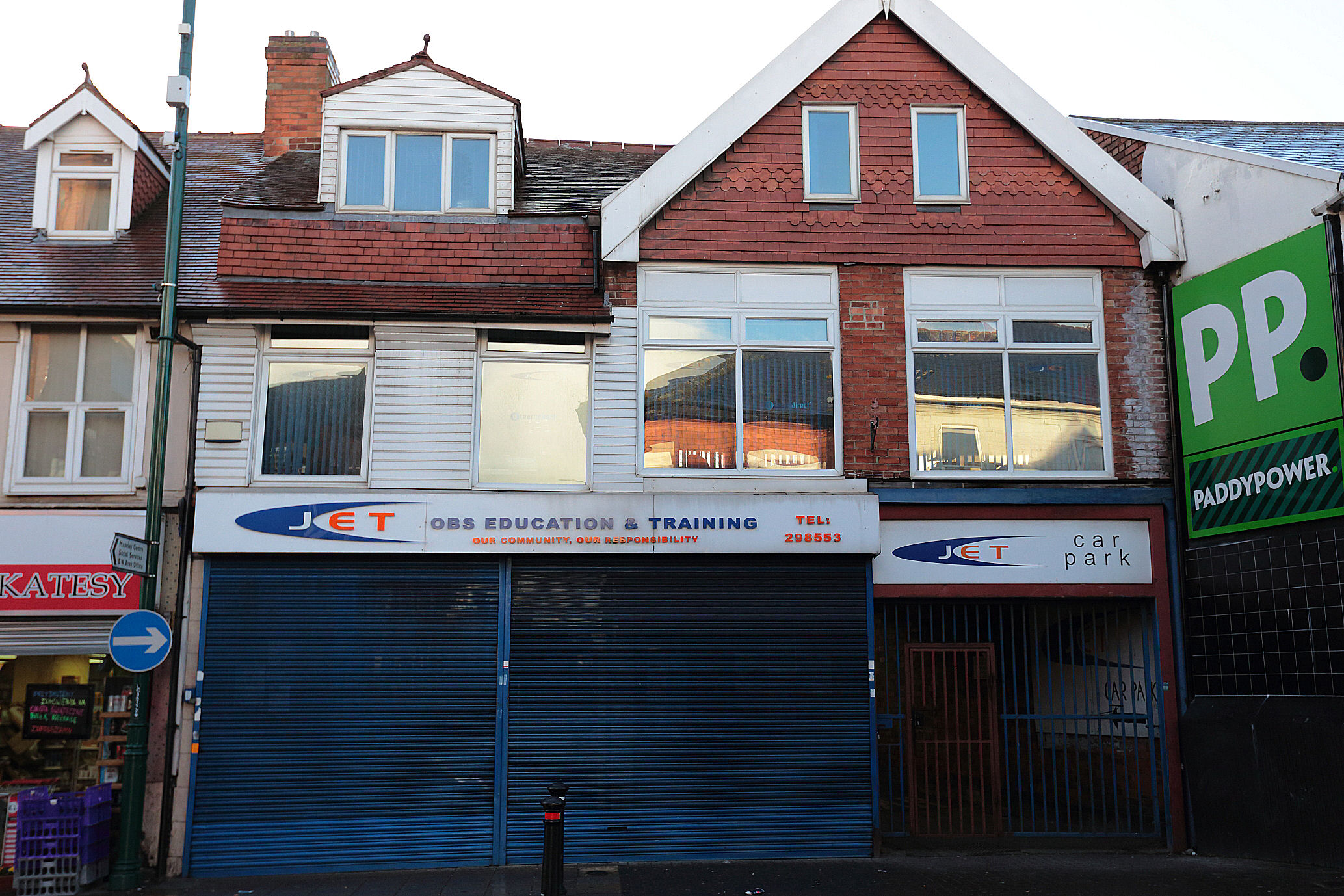Standing on a street corner, meandering, trying to be conspicuously inconspicuous, looking into cars expectantly, but with trepidation, searching, hoping, but in all ways, totally desperate. It’s not about food, or sex, it’s about drugs – the excruciating need for more, a life consumed by feeding an addiction. So emotionally nullifying is the despair of selling dignity at a small price.
It’s not about choices, the drugs provide a blanket, that masks the terrors of their childhood when they were abused, before they could consent, before they could say ‘No’. Their esteem was punctured, and ripped away by someone exploiting their childish naiveté leaving them empty and vulnerable. Their chronic vulnerability is the quality that defines them.
Prostitution is a heavily loaded word with many meanings, contexts, and connotations. It is often described as a “profession”, implying some form of legitimacy, control, choice, and future. The spectrum is so vast from those women making clear lifestyle choices, earning hundreds of thousands of pounds as a genuine self-employed, tax-paying professional to the women whose very innate vulnerability is exploited to satisfy transient sexual urges. The backstory of the women that find themselves on the streets are individual and distressing, their future paths are all unique, painful, and complex in their navigation.
LINK to Derby News – Rachel’s story with drug addiction and prostitution
In Derby, the most popular place for prostitutes to solicit themselves is on Normanton Road, and parts of Bradshaw Way. I met with PC Andy Hardy, who is the focal point within the Pear Tree Safer Neighbourhood Team on prostitution to understand more about how they manage this “problem”. I use the term “problem” as they have a particularly awkward line to tread between “enforcing the law”, in addressing the simplistic wishes of the community ( “prosecute the prostitutes/get rid of them”) as though it was just like flagrant fly-tipping and the reality of the situation that the women involved, are driven by their instability and compulsions to do this “work”.
PC Hardy’s approach is to manage that middle ground, and to ensure that all members of the community are best served, recognizing that the women have rights as well, and that prosecution is not always the answer. Street sex averages at around £20 per “punter” which can go down to as little as £5 into the early hours of the morning when the levels of desperation are higher, or up to £50 when the woman accepts more risky practices like unprotected sex. If the Police enforce an unnecessary level of fines, then the woman’s only option is to go onto the streets, more often, to pay off the fines. Ironically, the receiving institutions become complicit in the “crime”, and the exploitation. A fact that is very evident to PC Hardy.
I had the opportunity to join PC Hardy on one his patrols in the unmarked Police car which monitored Normanton/Pear Tree Road. I had expected the women to be more conspicuous to the lay observer, but that was not the case. If they had not been pointed out to me, I might have missed them. For those in the local community, they will be well known, and their behaviour recognisable.
The Police are aware of the women who are operating as prostitutes, and keep a watchful eye out for them. The women are very open with talking to the Police – in a way it helps them with their own safety. The “complication” is that a woman who is known to be a prostitute can legitimately walk the streets as part of her daily life – It then becomes an issue of observed behaviour which is assessed through good policing practice. Most, if not all women operating in Normanton are independent; there is little evidence of trafficking or pimping, but the Police are always alert to this being a real possibility. The majority are from Derby, although there are some women from East European countries who operate for a short period then move on.
I was taken to the most popular, secluded car parks, and quiet areas of the industrial estate in the locality where sex takes place. The remnants of drug paraphernalia and condoms give a clear and telling insight into the earlier activities. There is secrecy, discretion and privacy for the man, for the woman, safety depends on good fortune and hope.
Outside of the prosecution option the preferred route for the Police to take, is to refer the woman, concerned, to the Women’s Work Charity. They are a dedicated organization who supports women who have substance abuse issues, and do regular outreach work in the Normanton area with the street sex workers. This work can be short-term “prevention” support e.g. condoms, advice, safety etc, but they also try and encourage the women to engage with them in a longer-term capacity ( e.g. confidence building, life skills, structure etc) to find routes away from drug dependency and prostitution.
Lyndsey Rook from Women’s Work has many years of experience in this field and has seen the myriad of complexities that led women to sell sex on the streets. In discussing the situation with her, she provided some interesting additional dimensions. Some women see prostitution as a way of gaining control back in their lives which they lost through years of abuse and drug addiction. When they are approached for sex the right still exists for them to say “No”. Whilst they might not exercise it, they feel that they control this situation. For those who have been abused throughout their lives, with little in the way of intimacy and affection, the attentions of a man, albeit in an unromantic way, can give a sense of being needed and wanted ; but like a drug-high it is short-lived, empty, and addictive.
The general perception of prostitution is one akin to a group of people, a sub-class, deliberately causing upset and disquiet to the community by actively flaunting laws and moral codes. The occasional vigilante squads in Normanton see them in this light. To deal with prostitution in society then we must start from a different premise – they are vulnerable people who, in a different context, could be considered subject to adult safeguarding. We must support them, and assure their safety, with that in mind. Continuing to drive them further into poverty, drug-dependency, through prosecution and community persecution is not a civilized approach. Like other members of the community they need help.
The co-ordination between the Police and Women’s work which is focussed on achieving the best outcomes for all, whilst respecting the necessities of law enforcement is a great example of cross-organisational working. Seeing the women as individuals, who should have dignity, and a future, and not as criminals who should just be “removed” from the community is an inspiring and progressive approach.
Categories: Normanton - General, Police, Prostitution













